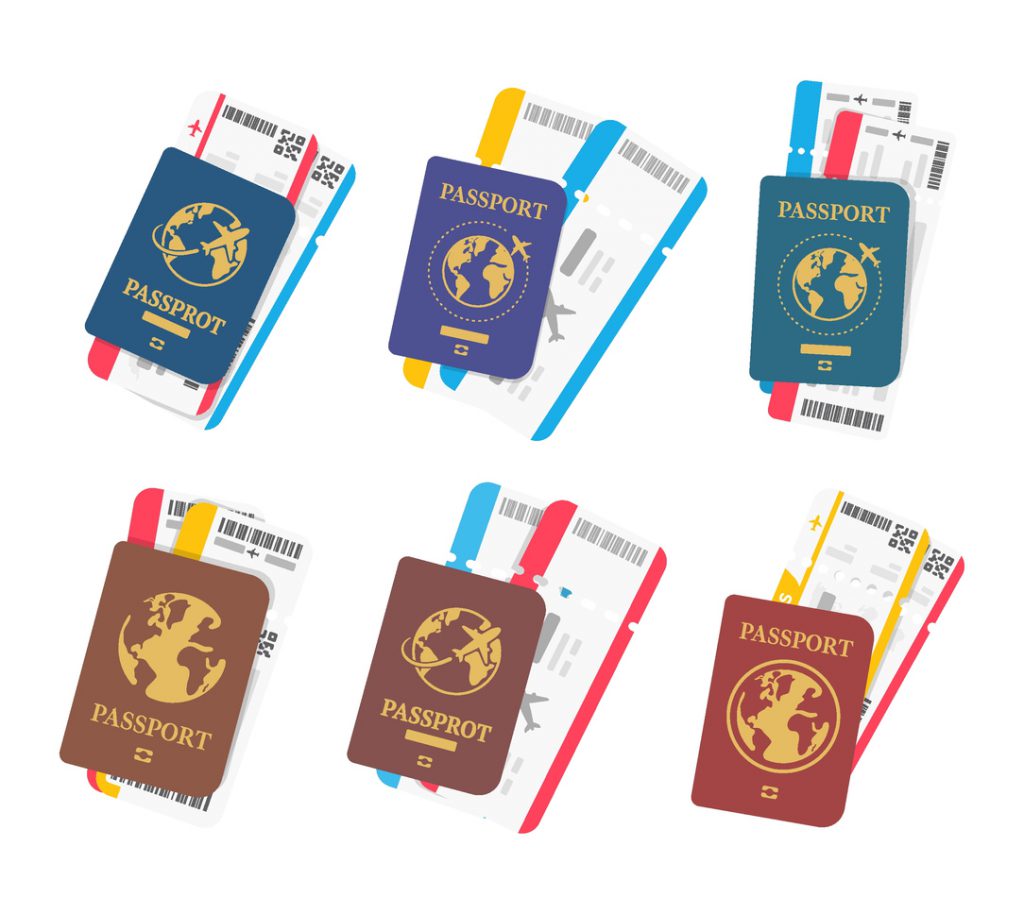Over 7,000 non-EU workers came to Malta in just six months

Over 7,000 non-EU workers entered the Maltese labour market in the first half of last year which equates to a daily increase of 40 mostly in construction, accommodation, catering and administrative support services.
Statistics tabled in parliament by Finance Minister Clyde Caruana in reply to a question by Opposition MP Ivan Bartolo show that up to June last year the number of third country nationals working in Malta had reached 50,591.
According to State-owned employment agency Jobsplus there was a steady increase across all economic sectors in the period between December 2020 and June 2022, which coincided with the gradual start of the relaxation of the Covid-19 restrictions until the complete removal of such measures. It transpires that the number of third country nationals (TCN) in employment either on full-time basis or part-time only rose from 38,610 in December 2020 to 43,525 in December 2021. However, the economic recovery triggered by the phasing out of the pandemic restrictions especially in sectors like catering, accommodation and tourism industry accelerated the influx of foreign non-EU workers. This is reflected in the fact that between December 2021 and June 2022 the number of TCNs increased by 7,066 which is roughly double the respective rate of the previous year.
| Sector | Dec 2020 | Dec 2021 | Jun 2022 |
| Agriculture, Forestry & Fishing | 246 | 307 | 317 |
| Mining & Quarrying | 52 | 58 | 56 |
| Manufacturing | 3,107 | 3,653 | 4,144 |
| Electricity, Gas, Steam & Air Conditioning Supply | 14 | 20 | 21 |
| Water Supply Sewerage, Waste Management & Remediation Activities | 285 | 277 | 326 |
| Construction | 5,073 | 6,114 | 7,144 |
| Wholesale & Retail Repair of Motor Vehicles & Motorcycles | 3,196 | 3,685 | 4,499 |
| Transportation & Storage | 1,650 | 2,054 | 2,728 |
| Accommodation & Food Service Activities | 4,918 | 5,958 | 7,267 |
| Information & Communication | 946 | 1,239 | 1,410 |
| Financial & Insurance Activities | 1,185 | 1,216 | 1,335 |
| Real Estate Activities | 270 | 303 | 359 |
| Professional, Scientific & Technical Activities | 2,991 | 3,281 | 3,740 |
| Administrative & Support Service Activities | 6,634 | 6,395 | 7,681 |
| Public Administration & Defence Compulsory Social Security | 514 | 570 | 524 |
| Education | 727 | 787 | 869 |
| Human Health & Social Work Activities | 3,949 | 4,401 | 4,652 |
| Arts, Entertainment & Recreation | 1,730 | 1,969 | 2,122 |
| Other Service Activities | 736 | 804 | 933 |
| Activities Of Households as Employers, Undifferentiated Goods & Services – producing Activities of Households for own use | 348 | 389 | 417 |
| Activities of Extraterritorial Organisations & Bodies | 39 | 45 | 47 |
| Total | 38,610 | 43,525 | 50,591 |
A deeper analysis of the statistics reveals that the highest number of TCNs is employed within the administrative and support service activities whereby by June 2022 their number reached 7,681. This group includes the provision of a range of day-to-day office administrative services, such as financial planning, billing and record keeping, personnel and physical distribution and logistics for others on a contract or fee basis.
The accommodation industry ranked second with 7,267 TCNs in June 2022 which was significantly higher than 18 months before when the respective figure was of 4,918. Such trend is further testament to the rapid change in the tourism industry which has predominantly become dominated by foreigners, especially in the lower ranks.
The construction industry ranked third with 7,144 TCNs which was an increase of 2,071 when compared to December 2020.
The lowest number of TCNs work in the electricity, gas, steam and air conditioning supply sector with the official statistics saying that this comprises just 21 non-EU workers.
Meanwhile, data tabled in parliament by the Finance Minister in reply to a question by Opposition MP Ivan Castillo showed that most of these TCNs are employed in low-paid jobs. As a matter of fact over 70% are paid less than €20,000 annually which is less than the average salary in Malta. Moreover, 28.3% of TCNs earn less than €10,000 which is practically at minimum wage level. This situation has prompted criticism that the reliance on low-paid TCNs is promoting cheap labour and negatively affecting the salaries in the rest of the respective sectors, as Maltese workers are being priced-out by these foreigners.
